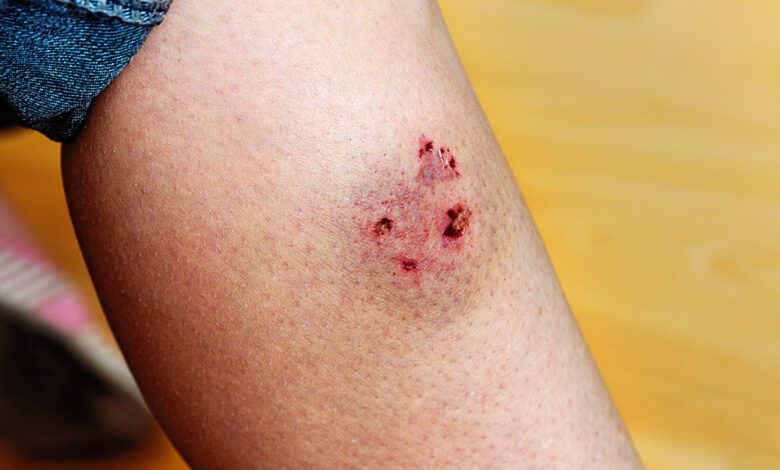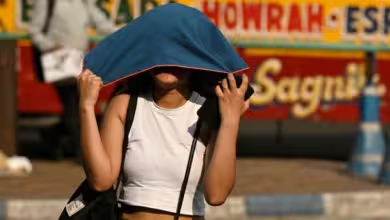High Court decrees Rs 10,000 compensation per tooth mark for dog bite victims
A howl of change: Punjab and Haryana High Court's groundbreaking decision prioritizes victim compensation, forms committee to tackle stray animal incidents and sparks nationwide debate on responsible dog ownership

The Punjab and Haryana High Court has made a significant decision regarding responsible ownership of dogs and compensation for dog bite cases. The court stated that the State would be “primarily responsible” for paying compensation in instances of attacks by stray animals, including dogs and cattle. In cases of dog bites, the assistance would be a minimum of 10,000 for each teeth mark and a minimum of 20,000 for each 0.2 cm of wound where the flesh has come off.
The court’s decision came after it heard 193 petitions related to attacks by stray animals, sparking a nationwide debate on the stray dog menace. The tragic death of Parag Desai, the executive director of Wagh Bakri Tea Group, in October, added fuel to the debate. The industrialist died of a haemorrhage suffered in a fall after stray dogs chased him during his morning walk near his home in Ahmedabad, Gujarat.
In recent times, there have been several incidents of delivery personnel and children being bitten, chased, or mauled by stray or ferocious dogs. This has led to conflicts between dog owners and residents in housing societies, particularly over the use of lift spaces. The public outcry over such incidents has also resulted in cases of animal cruelty.
In response to these concerns, the High Court declared that the State would be primarily responsible for compensating victims, with the right to recover the amount from defaulting agencies or private individuals. To streamline the process, the court directed Punjab, Haryana, and the Union Territory of Chandigarh to form a committee tasked with deciding on compensation for accidents or attacks by stray animals, including cows, bulls, oxen, donkeys, dogs, nilgai, buffaloes, and wild, pet, and deserted animals.
The committee, comprising the Deputy Commissioner of the concerned district as Chairperson, along with other key members, must pass awards within four months of receiving claims. The court emphasized that copies of the judgment should be sent to relevant authorities for prompt action and compliance.
Furthermore, the court issued guidelines for the police to follow when handling complaints related to incidents or accidents involving animals. In case of accidents due to stray, wild, pet, or deserted animals, the station house officer (SHO) is instructed to record a daily diary report (DDR) without undue delay. The police officer should then verify the claim, record witness statements, prepare the site plan and summary, and forward a copy of the report to the claimant.
Shifting focus, the judgment highlighted the issue of rabies in India, noting that only Goa and Lakshadweep are rabies-free territories. Goa, despite experiencing 43 human rabies deaths between 2012 and 2017, successfully eliminated the dangerous viral disease through strict anti-rabies efforts. In Lakshadweep, most islands are devoid of dogs (the rabies virus vector) or snakes. Kavaratti, in particular, is said to lack crows.
You might also be intersted in – Punjab and Haryana High Court strikes down Haryana’s 75% private sector reservation for state domicile job applicants



